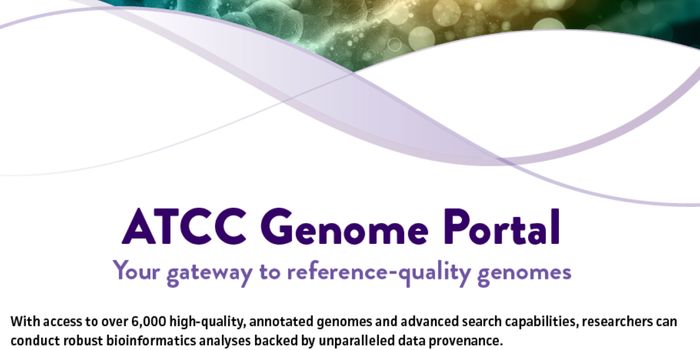Ozempic Improves Survival Among Colon Cancer Patients
GLP-1 receptor agonists like Ozempic and Wegovy may increase survival among patients with colon cancer, reported a new study published in Cancer Investigation.
GLP-1 receptor agonists were originally developed to lower blood sugar in type 2 diabetes. Their effects, however, appear to extend beyond blood sugar control. A previous study involving over 1.2 million patients found that GLP-1 receptor agonists are linked to a lower risk of colorectal cancer in patients with type 2 diabetes with and without obesity or overweight.
In the current study, researchers investigated whether GLP-1 receptor agonists influence survival outcomes in patients with colon cancer. To do so, they analyzed health records from over 6,800 people diagnosed with primary colon cancer.
They found that patients taking GLP-1 medications were less than half as likely to die within five years as those not using the drugs. Whereas the 5-year mortality rate for nonusers was 37.1%, the same was true for 15.5% among those using GLP-1 drugs.
“Effects were concentrated among patients with BMI ≥35 in several different types of statistical modeling, indicating that the benefit may be driven by attenuation of the adverse physiology associated with excess adiposity,” study author Raphael Cuomo, PhD, associate professor in the Department of Anesthesiology at UC San Diego School of Medicine, told Medical News Today.
Medical News Today also spoke with Anton Bilchik, MD, PhD, a surgical oncologist, chief of medicine and director of the Gastrointestinal and Hepatobiliary Program at Providence Saint John’s Cancer Institute in Santa Monica, CA, about this study. He noted that the anticancer effects could stem from weight loss but that the drugs may also have anti-inflammatory effects and impact the immune microenvironment and the microbiome.
Cuomo said that further research should include randomized, controlled study of GLP-1 drugs alongside standard colon cancer therapy stratified by BMI and timed relative to surgery and systemic therapy. He highlighted that mechanistic research should also be carried out alongside prospective cohort studies to identify responsive subgroups.
Sources: Science Daily, Cancer Investigation, Medical News Today









